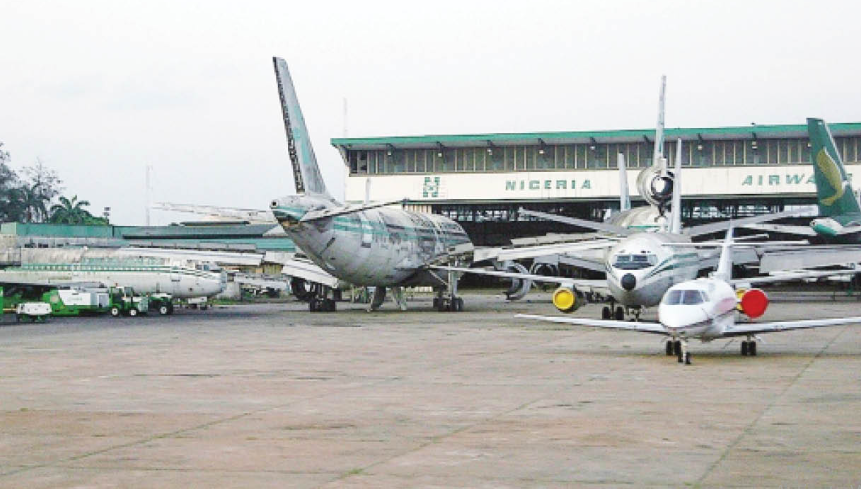The absence of governing boards in several critical aviation agencies in Nigeria — including the Nigerian Civil Aviation Authority (NCAA), Nigerian Airspace Management Agency (NAMA), Nigerian Meteorological Agency (NiMET), Nigerian College of Aviation Technology (NCAT), and the Nigerian Safety Investigation Bureau (NSIB) — is drawing serious concern from aviation stakeholders, who warn that the situation is undermining safety, transparency, and accountability in the sector.
While the Federal Airports Authority of Nigeria (FAAN) recently had its board inaugurated — chaired by former Kano State Governor Abdullahi Ganduje — other parastatals continue to operate without the statutory oversight and institutional checks their boards are mandated to provide.
In a sector where safety and regulatory compliance are non-negotiable, stakeholders argue that the non-constitution of governing boards has opened the door to irregular contract awards, employment racketeering, and unilateral decision-making by ministry officials — actions that, by law, should be vetted or approved by boards.
“Many employment decisions and contract awards are being made without board approval. This undermines discipline, transparency, and efficiency,” said Comrade AbdulRasaq Saidu, Secretary-General of the Association of Nigerian Aviation Professionals (ANAP). He described the situation as a violation of the Acts that established these agencies.
Saidu urged President Bola Ahmed Tinubu to immediately constitute boards for the affected agencies to restore justice, equity, and regulatory order.
Olayinka Abioye, former General Secretary of the National Union of Air Transport Employees (NUATE), echoed these concerns. He criticised the previous administration under ex-Minister Hadi Sirika for failing to inaugurate boards despite public announcements made by then-President Muhammadu Buhari.
“In eight years, Sirika refused to inaugurate any board. That deliberate disregard for governance frameworks fostered opacity in operations,” Abioye said.
He acknowledged the current administration’s efforts, noting that the recent inauguration of FAAN’s board indicates “a semblance of respect for the rule of law.” However, he maintained that more needs to be done.
“Aviation is growing. Infrastructure is being developed. Airlines are expanding. Yet public sector governance remains weak due to the absence of governing boards. This must be urgently addressed,” he stressed.
Under the Acts establishing the NCAA, NAMA, NiMET, NSIB, and NCAT, the presence of governing boards is not optional — they are fundamental to the governance structure. These boards are tasked with approving budgets, overseeing policy implementation, scrutinising contracts, and ensuring that recruitment adheres to federal civil service regulations.
“The law is clear,” Abioye added. “The minister is obligated to initiate board appointments. The failure to do so weakens oversight and opens the door to potential abuse.”
When contacted, the spokesperson for the Minister of Aviation and Aerospace Development, Festus Keyamo, confirmed that the federal government would soon announce the governing boards of the remaining aviation agencies.
“Governing board members of other agencies would be announced as soon as possible,” Keyamo stated. However, he declined to comment on how contract approvals or staff recruitments are being handled in the absence of the boards, saying only the agency heads could speak on those matters.
As the aviation sector grapples with rising air traffic, expanding infrastructure, and global safety compliance demands, stakeholders insist that timely board appointments are not only legally required but vital for sectoral credibility.
“The government must urgently complete the process and ensure these agencies operate with the institutional support they require,” Saidu said. “Anything less risks safety, integrity, and the future of Nigerian aviation.”

